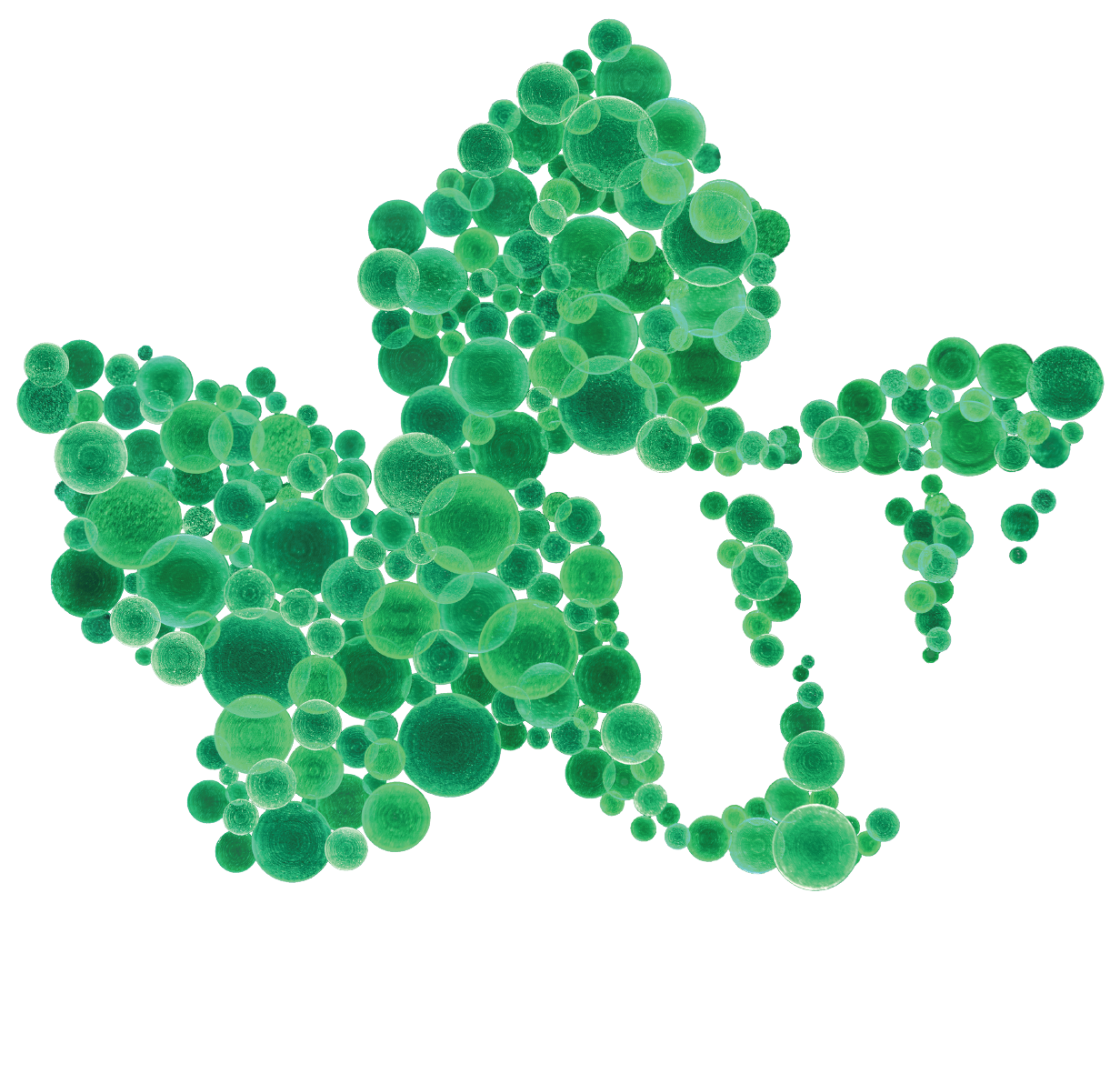Like SOMOS, the members of Cheruvu developed their project largely through on-site interaction with those most affected by the problem they were trying to solve. The team, composed of five students originally from India who are currently pursuing their graduate studies at the University of Michigan, conducted extensive interviews with farmers in India who are struggling to maintain profitability, as well as other key stakeholders.
“We were really struck by the depth of the ground fieldwork undertaken by Cheruvu. The team was able to prototype their solution in a real-world context, and we were touched by how much they cared about helping small farmers compete in what is an increasingly complex and evolving industry,” said judge Gretchen Hooker, a biomimicry specialist with the Biomimicry Institute. “Moving forward we’re interested to see how their solution can help farmers reduce their dependence and chemical fertilizers and encourage them to adopt a circular model that prioritizes the ongoing health of the soil.”
_
The other two finalist teams—EcoReturns and Remade in China—were each honored with a $1,000 Finalist Award for earning a place in the final stage of the competition.
EcoReturns, which included undergraduate and graduate students from the University of British Columbia, Yale University, and Lund University, focused on rethinking seafood production in ways that directly address the impact on marine ecosystems while promoting community involvement and consumer engagement. The team presented an investment model that enables individual and institutional investors to support marine ecosystem restoration and the adoption of sustainable, small-scale management practices in British Columbia’s fisheries while obtaining both ecological and financial returns.
Remade in China, an all-graduate student team representing Parthenope University of Naples, Beijing Normal University, and Delft University of Technology, presented a solution focused on the development of a modeling tool that can help urban environments develop food, energy, and water systems that unite policy and technology to meet consumer needs while maximizing both the value of resources and the systems’ ability to recover and reuse them.
Previous competitions were open exclusively to undergraduate students, but for 2017 Wege Prize was open to both undergraduate and graduate students worldwide. Teams were asked to create a solution to the following “wicked” problem: How can we create a circular economy? Each team – composed of five students and representing different academic institutions and majors of study – had to leverage its transdisciplinary makeup to collaboratively design and propose a product, service, business, non-profit organization, or other solution that could function within and help create a paradigm shift towards a circular economy.
Unlike our current linear model, in which we take, make, and dispose, a circular economic model is restorative by design and aims to keep products, components, and materials at their highest utility and value at all times. Using a systemic approach, teams had to not only design a compelling and innovative solution, but consider its economics and viability within natural, social, and financial systems as well.
“All of the finalist teams in Wege Prize 2017 have displayed an extraordinary amount of courage, dedication, and compassion for the future of our world, and for that we thank them,” said KCAD President Leslie Bellavance. “I challenge all of our finalists to use their experiences in this competition to continue moving forward, to expand on their existing ideas and to remain fearless in building the future.”
The five finalist teams were chosen out of an original field of 25 teams representing 38 different academic institutions from 17 countries around the world. Over the course of seven months, teams developed their ideas from a one-page proposal into a multifaceted design solution informed by their own research, ideation, and experimentation as well as direct feedback from the judges, culminating in the final presentations on May 19.
“With the inclusion of graduate students for the first time in this year’s competition, we were thrilled to see an increase in participation and geographical reach as well as many teams combining undergraduate and graduate students,” said Gayle DeBruyn, KCAD Sustainability Officer, Collaborative Design program chair and Wege Prize organizer. “As the competition grows, so too does the commitment of the teams and the strength and cogency of their ideas. As we congratulate this year’s winners, we also look forward to the incredible possibilities that lie ahead.”
Thanks to the continuing support of The Wege Foundation, Wege Prize 2018 will be open to any undergraduate or graduate student in the world and will again be focused on the circular economy.
Team registration will open in August 2017, but those interested in participating are encouraged to begin building their teams and brainstorming ideas now by connecting with other potential participants on the Wege Prize Facebook Group. Educators and other professionals who are interested in contributing their expertise are encouraged to contact wicked@wegeprize.org for more information.
Details about Wege Prize 2018 will be revealed in the coming weeks on wegeprize.org.

























